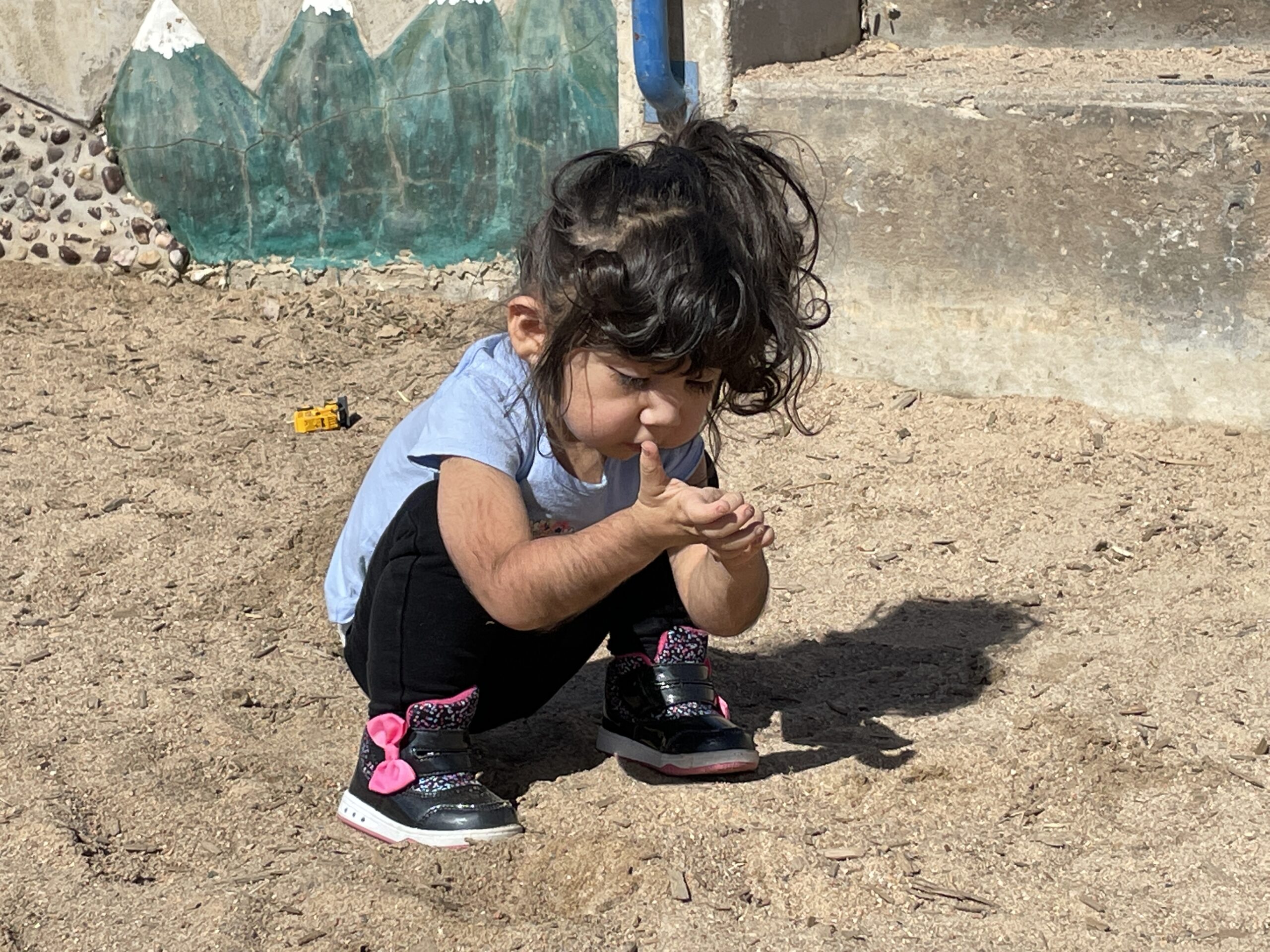It is not unusual for pediatric therapists to spend a fair amount of time talking about pooping with families, or more specifically NOT pooping (constipation), and so it seemed like a good topic to share with all.
Although constipation is generally defined as fewer than 3 bowel movements in a week, children and babies should poop one to three times a day. And there is more to consider than just dirty diapers. Constipation can cause excess gas making the belly enlarged, hard, and painful. We may call it feeling bloated, doctors may call it abdominal distension, either way it isn’t comfortable. The stool may also be hard and lumpy and difficult to pass. (If you aren’t sure what poop should look like, check out the Bristol Stool Chart and remember that Type 3 or 4 is what we are aiming for.) All of these issues can make for very cranky kiddos.
Having regular and easy bowel movements is a sign of a healthy gut. This is important because our gastrointestinal (GI) system is part of many different body processes including eliminating toxins, producing neurotransmitters and hormones, absorbing nutrients, and supporting our immune system. 2500 years ago Hippocrates said “all disease begins in the gut”. Regardless of whether this is literally true, a healthy gut is important to overall health. So one of our tasks as parents who want to raise healthy kiddos is to do all we can to keep them pooping regularly. Here are some recommendations:
- Move your body. Any type of body movement helps food move through the intestines. Find something your kiddo likes to do and do it regularly. And remember that kiddos are very aware of what we do and don’t do so be sure to model the behaviors you would like to see in them. If your kiddo is still an infant and not yet ready to exercise with you but still seems to be struggling with constipation, you can try moving their legs like they are riding a bicycle to help get food and gas moving through the intestines. A belly massage may also provide some relief for your baby.
- Get into position. Squatting helps to lengthen the colon to put it in a position most prepared for pooping. It also helps people to release the sphincter at the end of the GI system in order to allow everything to empty into the toilet. Positioning has become such an important part of having successful bowel movements that the Squatty Potty has become commonplace in many homes.
- Hydrate. Most of us aren’t drinking enough water. Although we do get water from fruits and vegetables we eat, this isn’t enough to keep us hydrated. Keep in mind that 60% of our body is water and the brain and heart are each made of 73% water. In terms of our GI tract, water is essential for adding enzymes to the food we eat which allow us to digest the food and absorb the nutrients along with keeping the mass moving to promote regular bowel movements. Some kiddos aren’t fans of drinking water so try making it fun by infusing flavors to the water by adding strawberries, cucumbers, lemons, or herbs. As a general rule toddlers should be drinking about 4 cups of liquid (water or milk) per day, 5 cups for 4-8 year olds and 7-8 cups for older kiddos. Adults should be taking in half to two-thirds of their body weight in ounces of water. (This can include about 20% in fruits and vegetables.)
- Eat your fiber. Encourage kids to eat fruits and vegetables, especially high fiber ones such as avocado, beans, apples, prunes, pears. Serve fruits and vegetables at every meal, whether they are raw with hummus dip or roasted to bring out their sweetness. Now, if your kiddo is not big on fruits and vegetables, try increasing their intake slowly such as an extra half-serving per week as a large intake of fiber can upset your stomach. Smoothies may be a great way to increase your kiddo’s exposure to different flavors, but be sure to add in raw and gently cooked foods as their tolerance increases.
There are other things you may be able to do to help your kiddo have more regular bowel movements so if these suggestions don’t help, reach out to your pediatrician or GI doctor to see what they recommend.
If your kiddo is struggling to move, is unable to sit upright on a chair, or if you have any other questions about how to support your kiddo’s growth and development reach out for an evaluation. Our therapists at Kid Physical have over 32 combined years experience offering specialized, holistic healthcare for children of all ages. Our top priority is providing support for both caregivers and children so that they can reach their highest potential.

